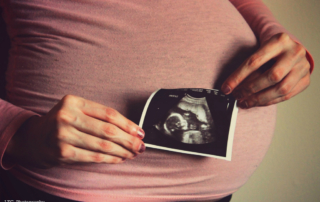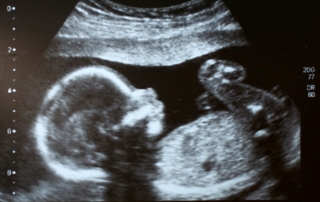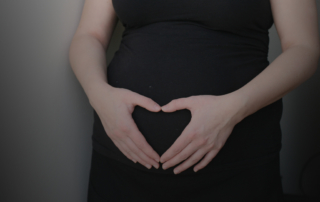New Research from the CWMH: Evaluating the Risk of Major Malformations in Children Prenatally Exposed to Atypical Antipsychotics
Despite the increasing use of the newer “atypical” or second-generation antipsychotic agents to treat a spectrum of psychiatric disorders, including schizophrenia, bipolar disorder, major depression, PTSD and other anxiety disorders, we have relatively little data [...]








